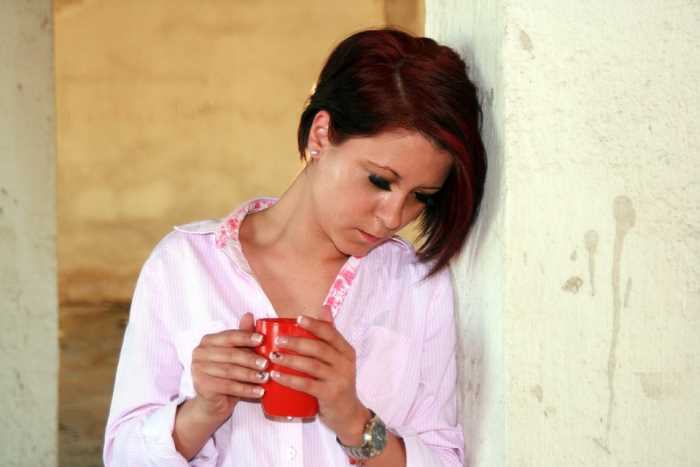
SAD, or seasonal affective disorder is one of the most common types of depression. Usually, it sets in with the decrease in sunlight during fall and winter months. As the days become shorter, coffee may help lift the spirits.
No specific cause has been identified for seasonal affective disorder. Conditions that might play a role include a person’s biological clock (circadian rhythm), low vitamin D levels, and shorter daylight hours during fall and winter.
Coffee
A pan-European study funded by the Institute for Scientific Information on Coffee discovered that as winter approaches, more than a quarter of adults felt depressed and sadder. The researchers are saying coffee can help lift your mood as the daylight fades.
More than 5,000 adults from the UK, Italy, Germany, Finland, and Poland participated. In the darkening days, 21% of respondents became more anxious, 24% found it harder to concentrate, 25% lost motivation to exercise, and 21% experienced a decline in their sports performance.
One in five persons surveyed said they drank coffee to boost their mood, while 29% said it helped them feel more energized and 21% claimed it helped them concentrate.
“There is evidence that coffee polyphenols may pass the blood-brain barrier, exert anti-neuroinflammatory effects and even promote neurogenesis, hence resulting in decreased risk of both cognitive and affective disorders,” said assistant professor Giuseppe Grosso of the University of Catania.
Caffeine
While a healthy diet and regular exercise are known to help enhance mood, existing evidence suggests that 75 mg of caffeine every four hours can help improve mood throughout the day. A closer look revealed that even the smell of coffee may boost working memory and alertness.
In general, caffeine consumption has been linked to improved cognitive performance, energy levels, mood and physical performance.
According to the CDC, around 80% of U.S. adults consume caffeine daily.
Caffeine takes effect in around 30 minutes and has a half-life of 5-6 hours, however it can stay in your system for much longer.
Caffeine is a stimulant that can increase alertness, but it can also impair sleep. The caffeine in coffee can have a negative effect on your sleep quality because it acts as a stimulant. If you’re having trouble sleeping, avoid caffeine after midday and be aware that it’s probably going to take longer than usual for you to fall asleep.
Caffeine can cause serious heart and neurological system issues. Chronic insomnia, persistent anxiety, depression, and digestive problems are some of the possible long-term effects. It can also cause or aggravate high blood pressure. More than 300 mg of caffeine (about 2 to 3 cups of coffee) in a day may be linked to miscarriages and low-birth weight babies.
However, caffeine can be consumed safely in moderation by most people, and as shown in the study, may help with seasonal affective disorder.

